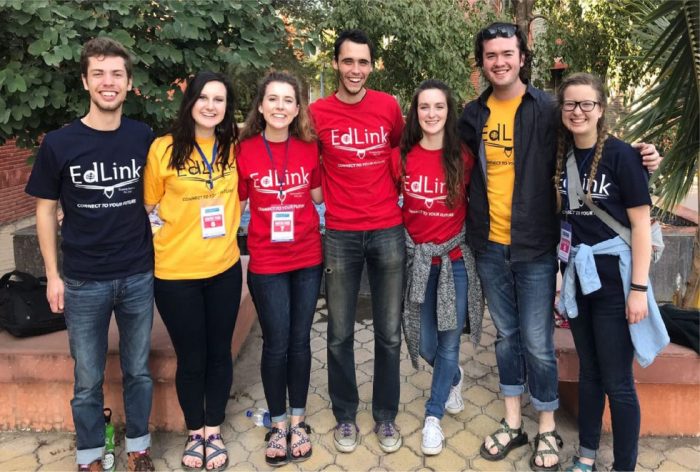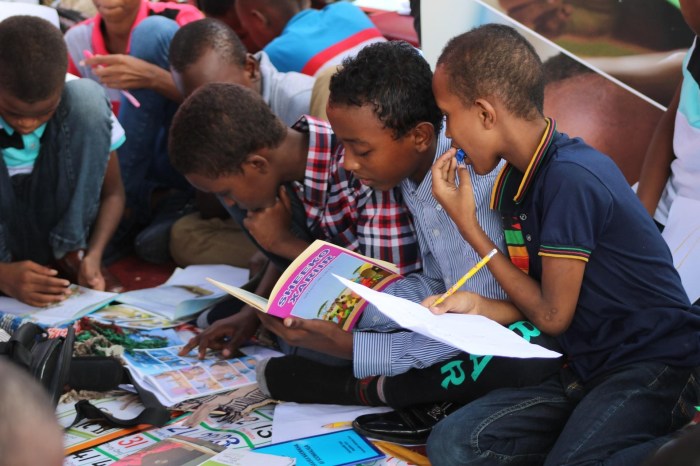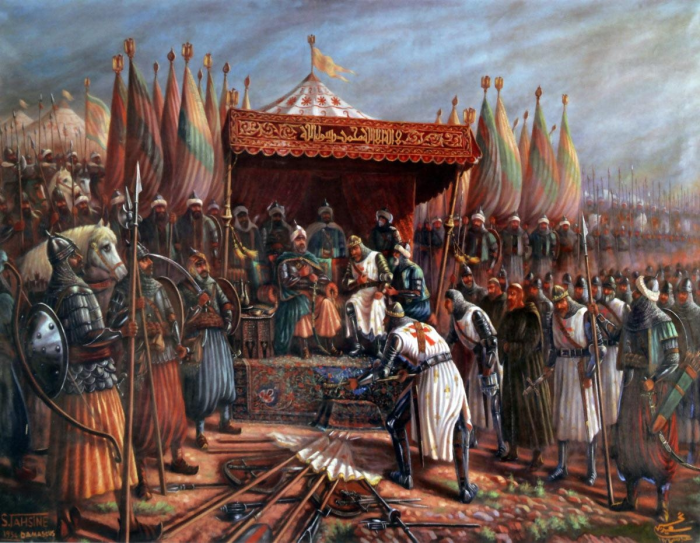Religious wars and medieval explorations enhanced cultural exchange – Religious wars and medieval explorations, far from being mere conflicts and voyages, served as unexpected conduits for cultural exchange, fostering the dissemination of ideas, technologies, and art across vast geographical and cultural boundaries. This essay delves into the profound impact of these historical events on the development of human civilization, examining the ways in which they facilitated the exchange of goods, knowledge, and beliefs.
As religious conflicts raged across Europe and the Middle East, shared experiences on the battlefield fostered a grudging respect and curiosity among adversaries. Soldiers and civilians alike witnessed the strengths and weaknesses of different cultures, leading to an exchange of ideas and technologies.
This cross-fertilization of knowledge extended beyond the battlefield, as religious motivations spurred the exploration of new territories, further broadening the horizons of human understanding.
Impact of Religious Wars on Cultural Exchange: Religious Wars And Medieval Explorations Enhanced Cultural Exchange

Religious wars often led to cross-cultural interactions, as armies from different regions encountered each other and exchanged ideas, technologies, and art.
For example, during the Crusades, European knights adopted new tactics and weaponry from the Muslim armies they fought against, while Muslim scholars introduced Europeans to scientific and mathematical knowledge from the East.
Religious Motivations and Exploration
Religious motivations also influenced the exploration of new territories, as missionaries and pilgrims sought to spread their beliefs to new lands.
For example, the Portuguese explorer Vasco da Gama was driven by a desire to find a sea route to India in order to establish trade relations with Christian kingdoms there.
Medieval Explorations and the Spread of Knowledge

Medieval explorations played a crucial role in facilitating the dissemination of scientific, geographic, and cultural knowledge.
Explorers like Marco Polo and Ibn Battuta brought back accounts of their travels that introduced Europeans to new civilizations, customs, and technologies.
Contributions to Science and Cartography
The exchange of knowledge during explorations also shaped the development of science, navigation, and cartography.
For example, European explorers adopted the astrolabe, a navigational instrument invented by Muslim astronomers, which greatly improved their ability to navigate the open seas.
Cultural Blending and Syncretism

Religious wars and medieval explorations resulted in the blending of cultural practices and beliefs, a process known as syncretism.
Examples of Syncretism, Religious wars and medieval explorations enhanced cultural exchange
For example, in the Americas, European missionaries attempted to convert indigenous peoples to Christianity, but many indigenous beliefs and practices were incorporated into the new religion.
Similarly, in Southeast Asia, Hindu and Buddhist influences blended with local animistic beliefs to create new religious traditions.
Exchange of Goods and Technologies

Religious wars and medieval explorations also facilitated the exchange of goods and technologies.
Major Trade Routes
Major trade routes were established, such as the Silk Road, which connected Europe and Asia, and the spice trade routes, which brought spices and other luxury goods from the East to Europe.
Influence on Cultural Development
The exchange of technologies, such as printing and gunpowder, had a significant impact on cultural development.
For example, the printing press revolutionized the dissemination of knowledge, while gunpowder transformed warfare and led to the development of new political and military structures.
Impact on Religious Beliefs and Practices
Exposure to different cultures and religions during wars and explorations influenced religious beliefs and practices.
Religious Syncretism
Religious syncretism became widespread, as people adopted elements of different religions into their own beliefs.
For example, in the Middle East, Christianity, Islam, and Judaism influenced each other’s doctrines and practices.
Role of Religious Leaders
Religious leaders played a key role in shaping cultural exchange and the spread of new beliefs.
For example, missionaries and scholars traveled to different regions to spread their religions and establish new communities.
FAQ Insights
How did religious wars contribute to cultural exchange?
Religious wars brought together people from diverse backgrounds, leading to the exchange of ideas, technologies, and art. Shared experiences on the battlefield fostered a grudging respect and curiosity among adversaries, leading to the adoption of new practices and beliefs.
What role did medieval explorations play in the spread of knowledge?
Medieval explorations facilitated the dissemination of scientific, geographic, and cultural knowledge across vast distances. Explorers like Marco Polo and Ibn Battuta brought back accounts of different civilizations, contributing to our understanding of the world and shaping the development of science, navigation, and cartography.
How did cultural exchange impact religious beliefs and practices?
Exposure to different cultures and religions during wars and explorations challenged traditional religious doctrines. Religious syncretism and the spread of new ideas led to the emergence of new religious movements and the adaptation of existing beliefs.